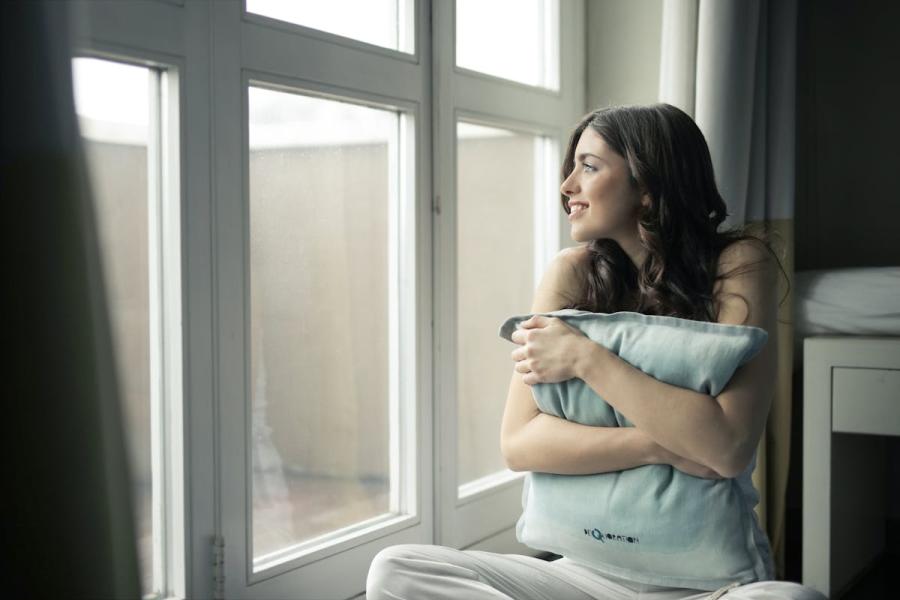For years, psychologists have been studying a paradox that says: the more we strive for happiness, the unhappier we become. Research conducted by Iris Mauss and colleagues found that women who set high standards for their own happiness—such as “I should be happier” or “I have everything, why am I not content?”—are more likely to experience disappointment and dissatisfaction.
In other words, the problem is not the desire to be happy. The problem arises when we begin to evaluate ourselves through the lens of that desire. When happiness becomes an obligation, every moment that does not “fulfill” it feels like failure – writes Nova.rs.
The study by Zerwas and colleagues from 2024, conducted on more than 1,800 participants, showed that the more we value happiness, the more often we feel depressed. Our constant checking—“am I happy enough?”—actually distances us from what makes happiness real: spontaneity, presence, and unplanned moments that simply are.
Imagine going to a birthday party expecting to have an amazing time—and it doesn’t happen. Instead of enjoying what is, you start thinking “what’s wrong with me.” And there’s the paradox: the more you try to measure happiness, the more it seems you don’t have it.
Happiness Is Not Always Pleasant
One of the most fascinating studies of the last decade (Tamir et al., 2017) showed that happiness does not depend only on pleasant emotions, but on whether your emotions align with your values.
In other words: a woman who feels anger over injustice might not feel a “positive” emotion, but that anger gives her a sense of integrity and meaning. And it is precisely this connection with oneself that creates a deeper, more lasting kind of fulfillment.
When you suppress emotions that aren’t “nice” just to appear happy, you spend energy maintaining an image. And the more you try to seem fine, the emptier you feel inside.

The Cost of Pretending to Be Happy
How many times have you smiled just because “you’re supposed to,” even when you didn’t feel like it? In psychology, this is called “surface acting” – pretending to feel emotions we don’t have to meet social expectations.
Research by Hulsheger and Schewe (2011) showed that women who often “pretend to be fine” at work or in social settings have higher stress levels and lower emotional resilience. Over time, this leads to exhaustion and a sense of disconnection from oneself.
For some people, this “fake happiness” is especially difficult, particularly for those prone to self-criticism. They experience cognitive dissonance—a conflict between what they feel and what they show. It’s like wearing a mask that doesn’t fit, but being afraid to take it off.
The price is chronic fatigue, inner restlessness, and the constant feeling that something is missing.
How to Reduce the “Cost of Happiness”
You don’t have to give up the idea of happiness—but maybe you need to change your approach to it.
Focus on what you do, not on how you feel
Research shows that women who focus on activities (hobbies, relationships, community involvement, etc.) are more satisfied than those who constantly evaluate their mood. So instead of asking “am I happy,” ask “am I doing something I enjoy.”
Be in tune with yourself
When you know your values and act in accordance with them—even when it’s hard—you feel an inner peace that’s deeper than euphoria.
Reduce the need to measure and compare
Happiness isn’t a race. And comparison is the quickest way to lose it. No one is happy 24 hours a day. That doesn’t exist.
Trust as the New Currency of Happiness
One of the most important findings in recent years concerns the link between trust and well-being. A meta-analysis from 2025, covering over 2.5 million people, found that women who have higher levels of trust (in others, in institutions, in life) also report higher subjective happiness.
It’s not about blind faith, but something simpler: less vigilance. When you don’t constantly need to check whether someone will disappoint you, you free up mental and physical space for peace.
Interestingly, the relationship is two-way. When you’re happier, it’s easier to trust. When you trust more, you feel calmer and more connected. Thus, happiness and trust create a circle that nourishes itself.
Happiness as a Tone of Life, Not a Goal
We all know that moment when you buy something you’ve wanted for a long time—and a few days later, nothing. That’s called hedonic adaptation. And it’s not your fault. Our brains are simply good at getting used to nice things.
That’s why happiness isn’t measured by achievements or the number of good days. It’s more like a rhythm, an alternation of light and shadow, of small moments of peace that keep returning.
When you stop chasing happiness and start building meaning, it appears as a side effect.
So, How Much Does Happiness Cost?
Less than you think—but it definitely can’t be bought with money. It costs a bit of courage to be honest, a bit of trust to let go, and a bit of willingness not to measure everything.
Because when happiness truly comes, it asks for nothing. Only that you allow it.






